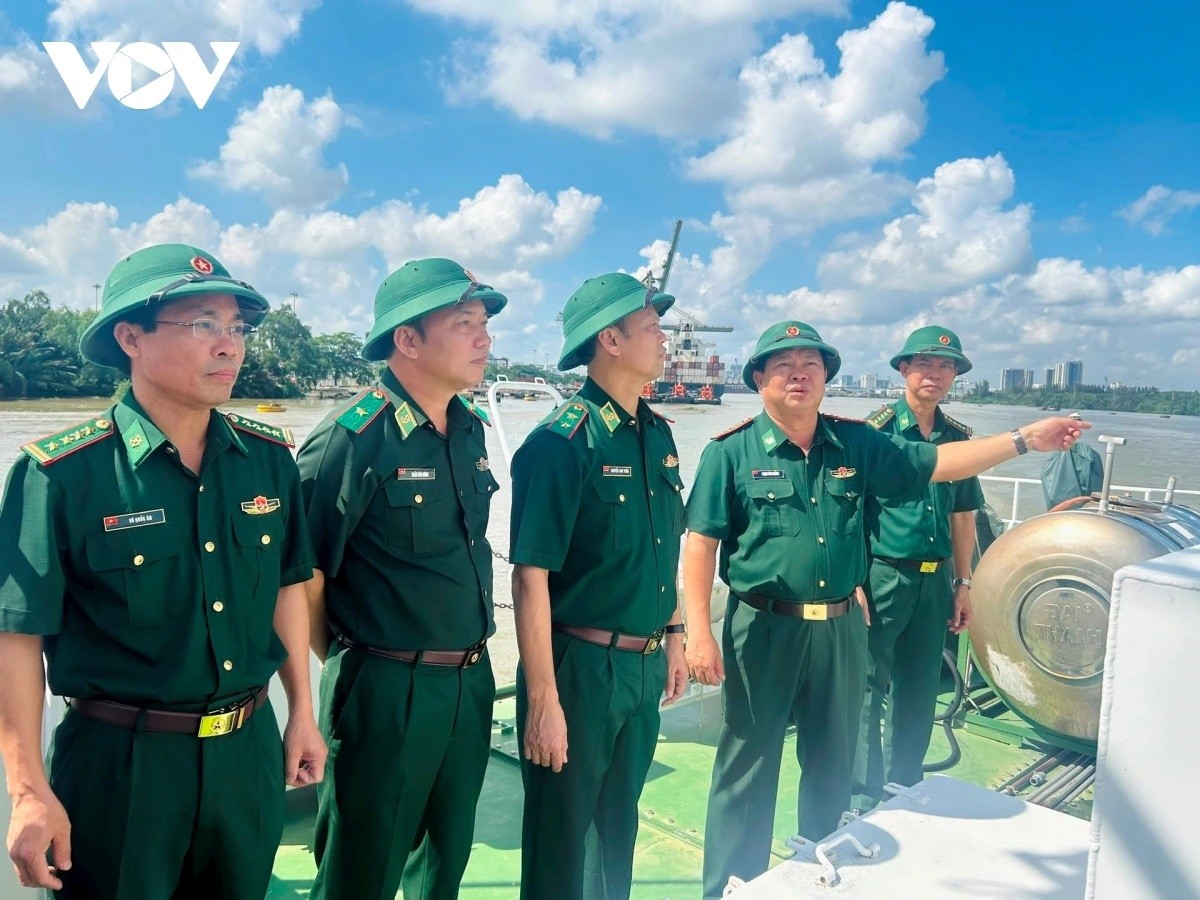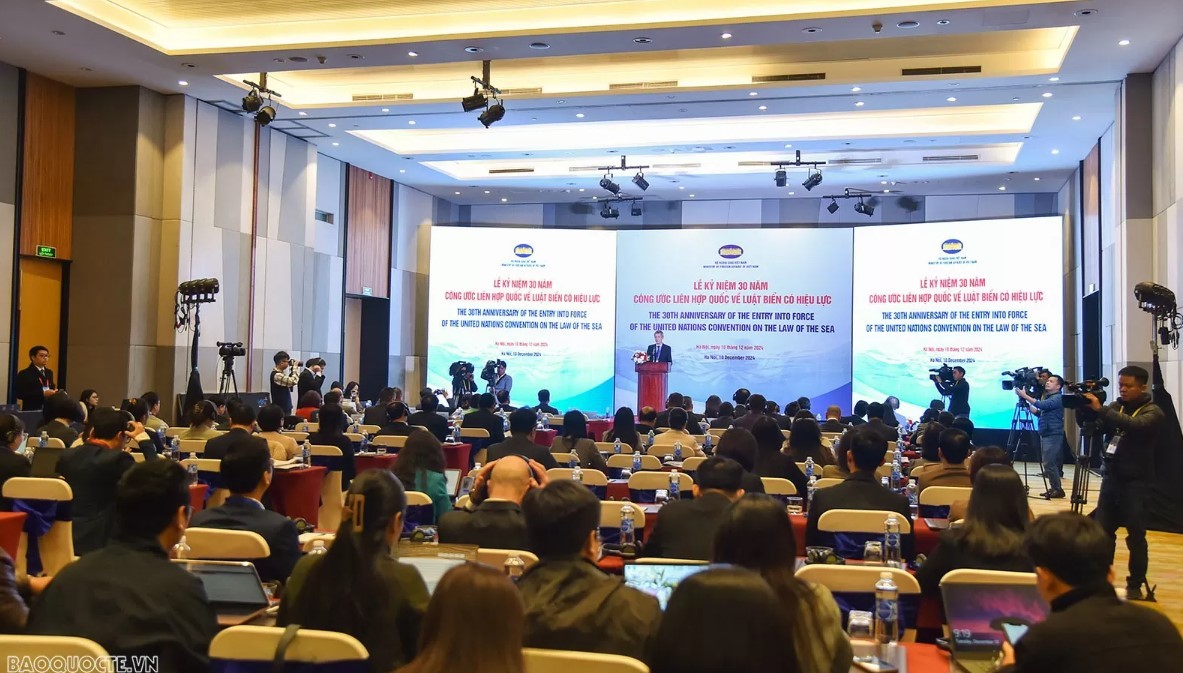Int’l Conference Highlights Significance of UNCLOS in South China Sea
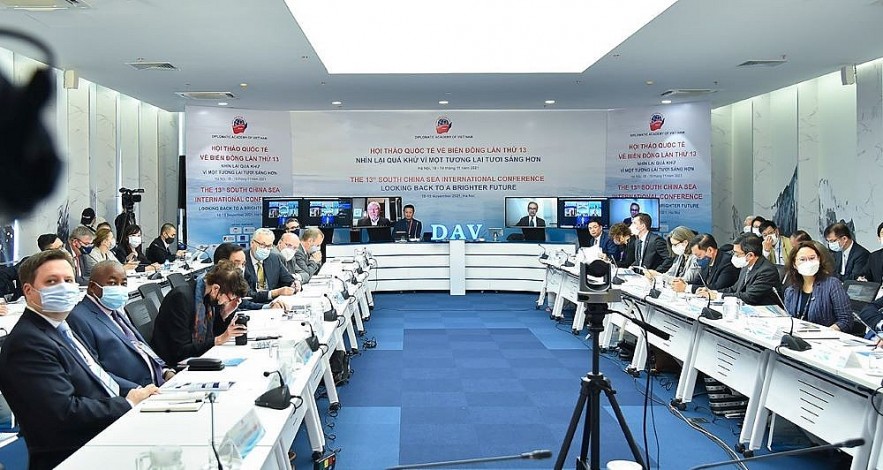 |
| The conference brought together more than 60 scholars from 30 countries and territories, 90 representatives from diplomatic corps, and nearly 500 delegates. Photo: Hanoi Times |
Experts at the recent 13th South China Sea International Conference pointed out complex developments in the South China Sea, which have drawn public concern.
Many said the ruling issued by the Permanent Court of Arbitration in 2016 plays an important role in narrowing disputes in the South China Sea, and clarifying the legal grounds for issues in the waters such as oil and gas activities, and ensuring safety and security of navigation in the region, according to VietnamPlus.
Others said the diplomatic battles between countries on the South China Sea show that the majority back the use of the UNCLOS as the only and comprehensive legal basis for determining maritime claims and exercising the sovereign rights and jurisdiction of states.
The scholars emphasized factors that cause supply chain disruptions, rising costs and labour shortage; and discussed solutions to restore the sea route going forward.
They also stressed the importance of marine science research and sea environment protection as well as the use of technologies for peaceful purposes.
Dr. Pham Lan Dung, acting director of the Diplomatic Academy of Vietnam, said proposals raised at the conference would contribute to improving public awareness of maintaining cooperation and peace in the South China Sea in the context of Covid-19.
The conference, held in both online and in-person forms, brought together more than 60 scholars from 30 countries and territories, 90 representatives from the diplomatic corps, and nearly 500 delegates.
Fears of arms race, 'unintended collisions'
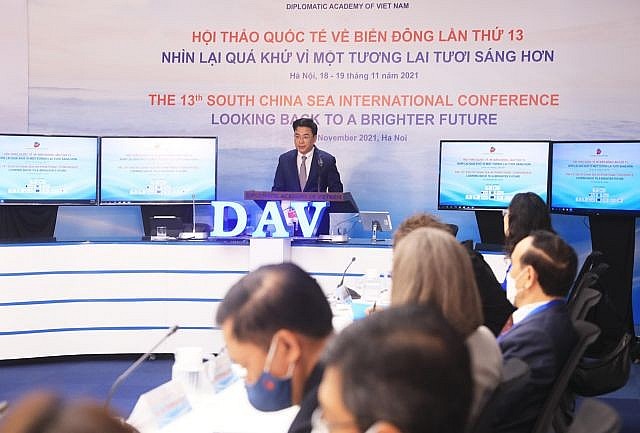 |
| Vietnamese Deputy Foreign Minister Phạm Quang Hiệu addresses the opening session of the 13th South China Sea International Conference. Photo: VNA |
South China Sea developments over the past year have raised the specter of an arms race and other concerns, Deputy Minister of Foreign Affairs Pham Quang Hieu said at the conference.
"The rapid increase in military activities at sea, undersea, in the air and in space are raising concerns about an arms race and the risk of unintended collisions," Hieu said.
Hieu said that competition between great powers and the emergence of new cooperation mechanisms in the region posed new problems for the evolving regional architecture, especially the central role of ASEAN.
He said that the South China Sea situation was at an important junction that required countries to be highly alert, assess the situation objectively, draw historical lessons and make scientific policy recommendations.
On this basis, nations could narrow their perception gaps, increase transparency in the regional strategic environment and minimize production and propagation of negative information towards strengthening strategic trust and cooperation among all stakeholders in the region.
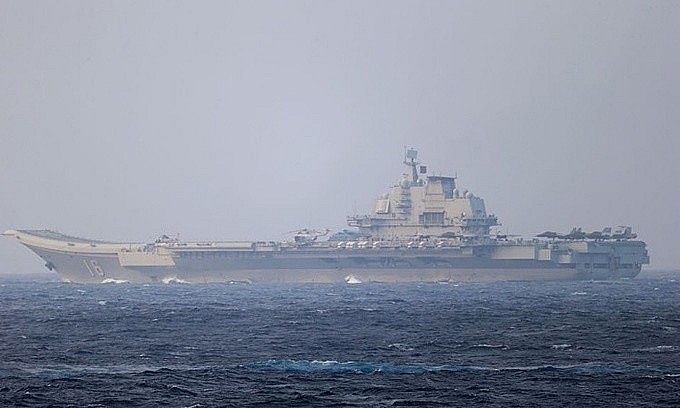 |
| Chinese aircraft carrier Liaoning sails through the Miyako Strait near Okinawa on its way to the Pacific in this handout photo taken by Japan Self-Defense Forces and released by the Joint Staff Office of the Defense Ministry of Japan on April 4, 2021. Photo handout via Reuters |
One consensus that the experts reached at the international conference is that history is important in any territorial disputes. But in the case of the South China Sea, it is often interpreted in different ways to suit different interests, Hanoi Times said.
Revisiting the history of the South China Sea with the view to exploring new research findings and clarifying certain facts, especially during the turbulent times after World War II and during the Cold war matters a lot.
Looking back on the Treaty of San Francisco at its 70th anniversary, for example, could be useful to understand the South China Sea’s history at a critical moment.
Dr. Ding Duo, associate research fellow of National Institute for South China Sea Studies, was concerned that: “The situation in the South China Sea is increasingly complex, volatile, and fragile. The wise choice for regional countries is to make the pie of common interests bigger, and hedge against destabilizing factors through cooperation.”
Notably, Bill Hayton said: “Chinese officials denied ownership or responsibility for the Paracel Islands until the twentieth century.”
Concerning the situation in the South China Sea, Derek Grossman, senior defense analyst, RAND Corporation, said: “Over the last decade, China’s growing assertiveness in the South China Sea has increasingly caused concern among its regional neighbors as well as extra-regional states, to include Australia, India, Japan, and the US."
Furthermore, vice admiral Yoji Koda (Retd), Former Commander in Chief, Japan Self-Defence Forces (JSDF), said: “We are approaching the most serious crucial point in history whether to make the South China Sea China’s monopolistic yard or a human’s common for everybody.”
Dr. Lin Ting-hui, deputy general secretary of the Society of International Law in Taiwan said: “Without rules, nothing can be done.”
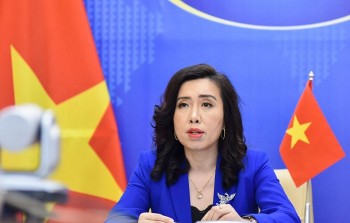 | Vietnam Condemns Taiwan's Illegal Actions in South China Sea The Vietnamese stance on sovereignty over the Hoang Sa and Truong Sa archipelagoes, as well as the South Sea issue in general, remains clear and ... |
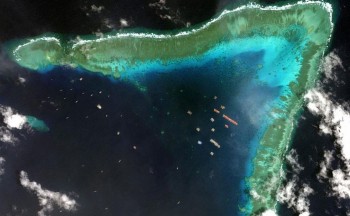 | Vietnam Demands China Withdraw Fishing Vessels From Truong Sa Archipelago Vietnam resolutely and persistently takes measures in accordance with international law to protect those legal and legitimate rights. |
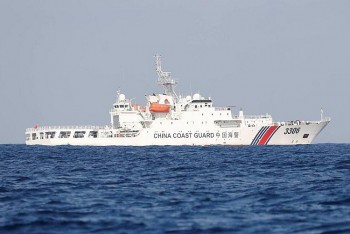 | US Senators Draft Sanctions Bill Targeting Chinese Aggression In South China Sea The U.S. Senate Committee on Foreign Relations agreed on Tuesday to impose sanctions on China for its aggressive activities in South China and East China ... |
Recommended
 Seas and islands
Seas and islands
Vietnam Endorses Common Voice on Ocean Jurisdiction
 Seas and islands
Seas and islands
Dialogue as Key to Settling Disputes and Advancing Law of the Sea
 Seas and islands
Seas and islands
RoK Navy Ship Pays Friendly Visit to Da Nang City
 Seas and islands
Seas and islands
Naval Region 5 Promotes Reading Culture, Fosters Patriotism
 Seas and islands
Seas and islands
Coast Guard Region 2 Command Hosts Philippine Coast Counterpart
 Seas and islands
Seas and islands
Vietnam - Thailand Navy: Coordination to Well Address Problems at Sea
 Seas and islands
Seas and islands
Honoring the Fallen: Incense Offering for the 37th Anniversary of Gac Ma
 Seas and islands
Seas and islands

